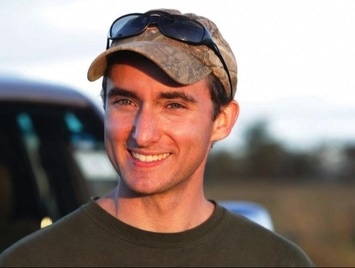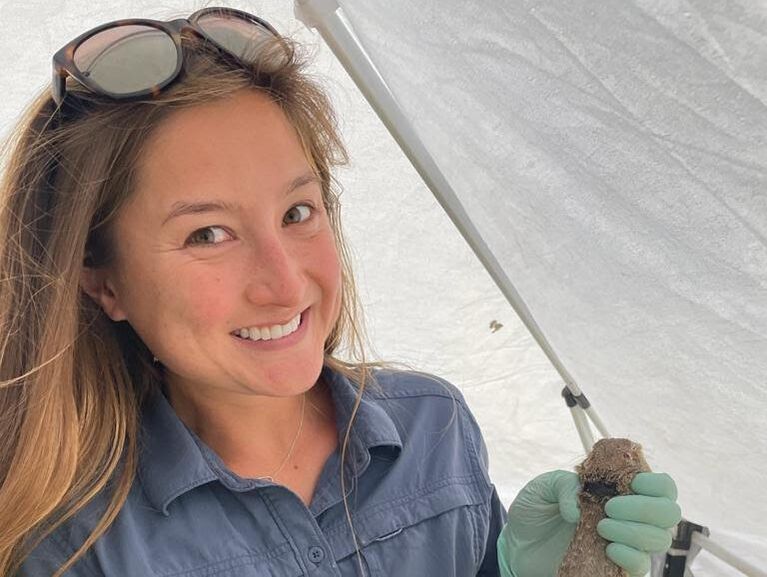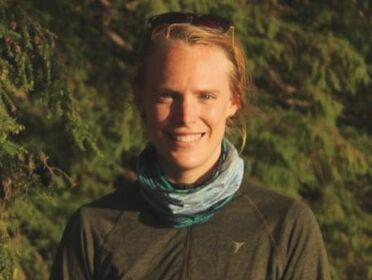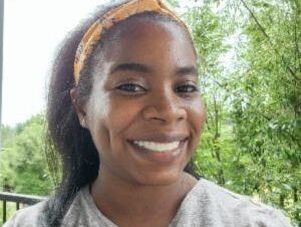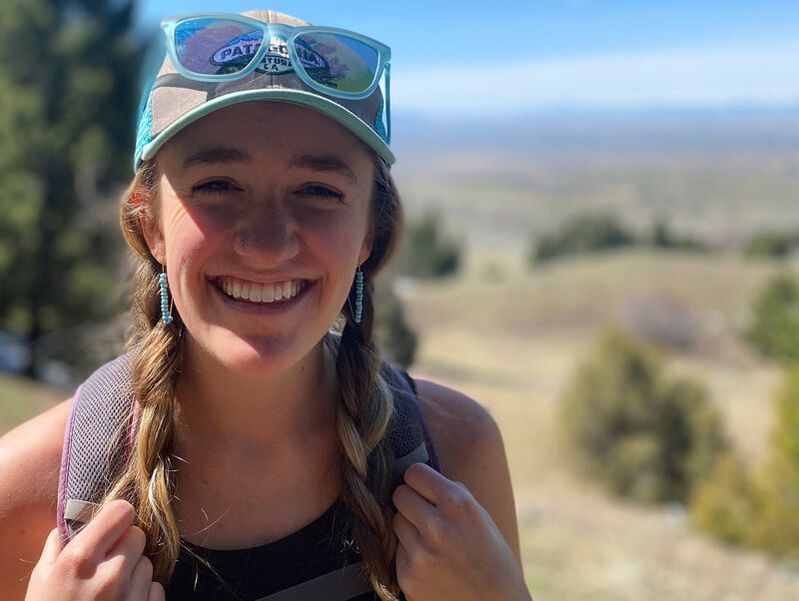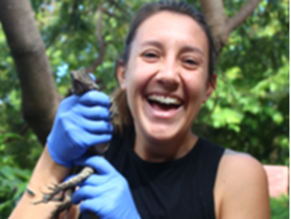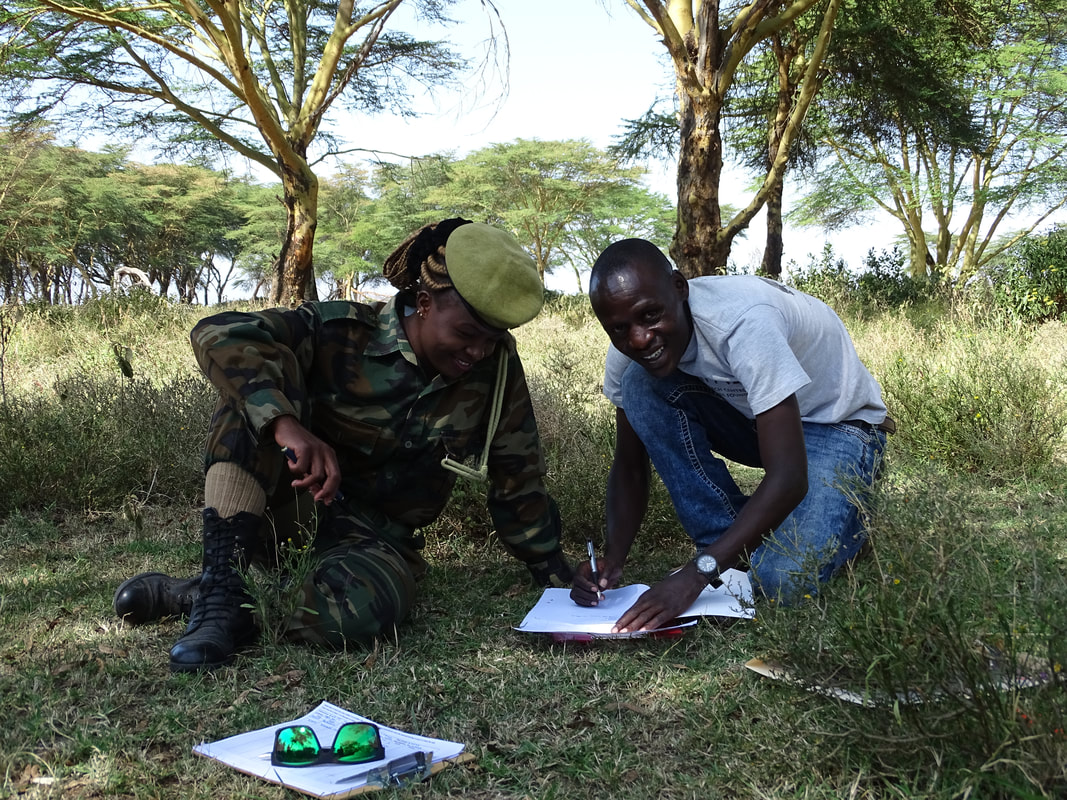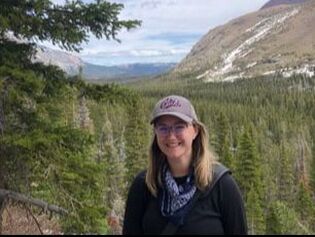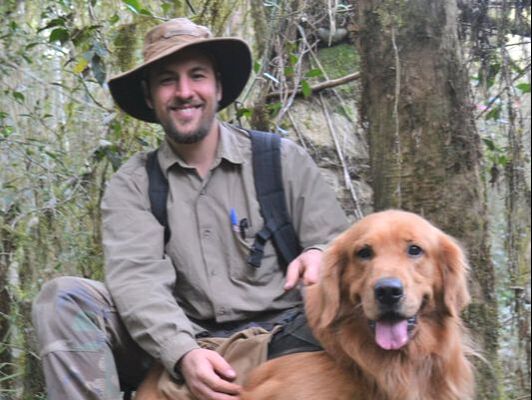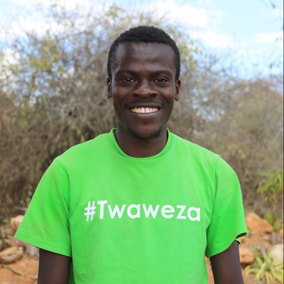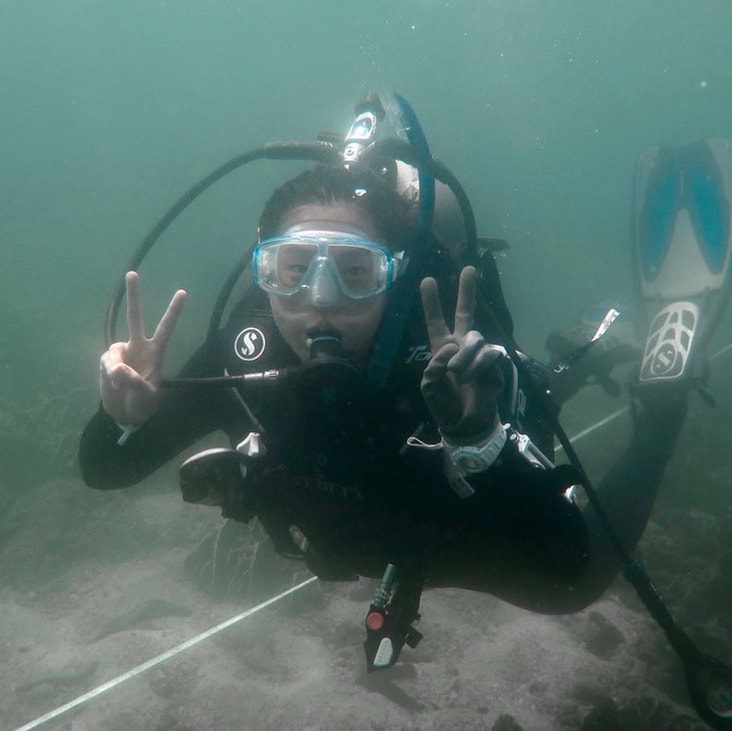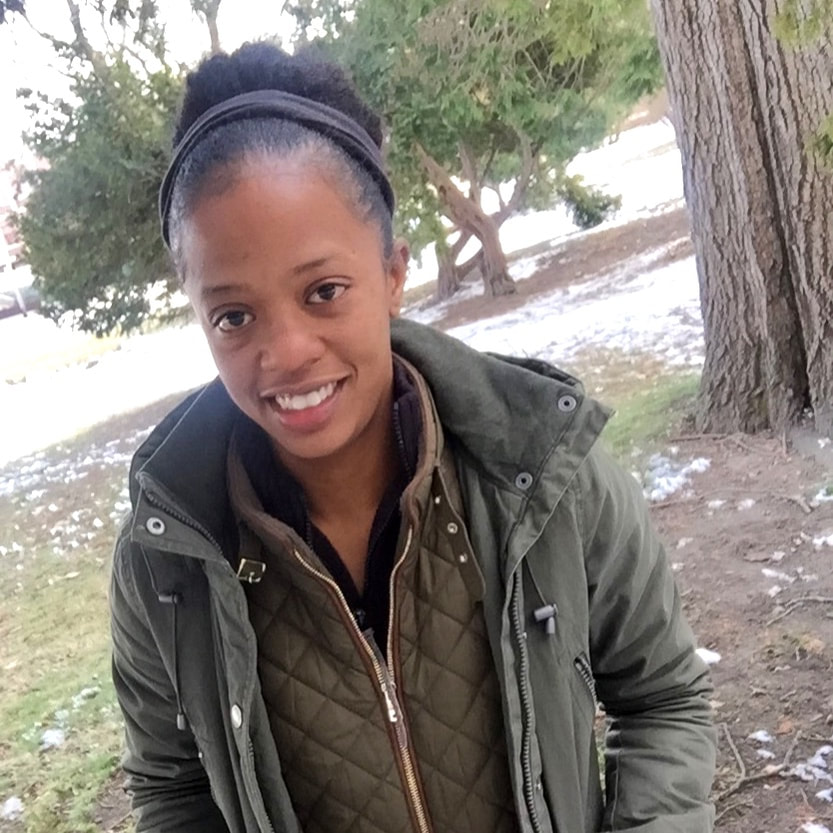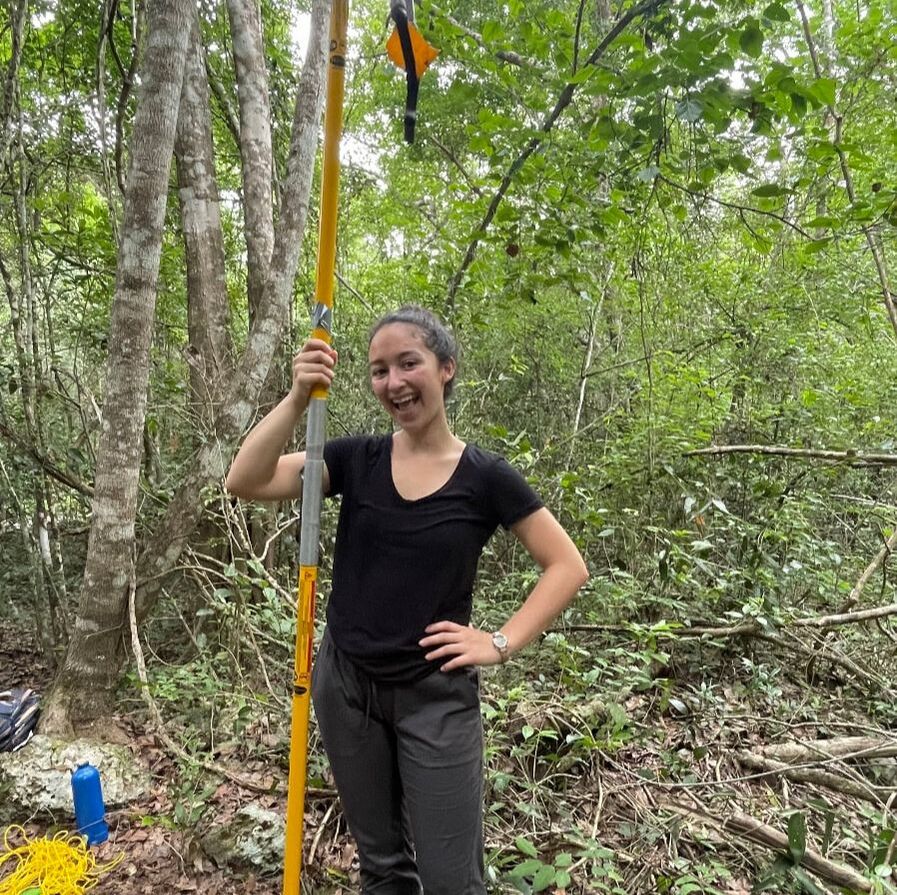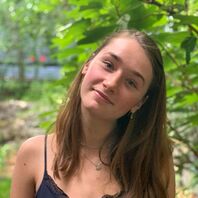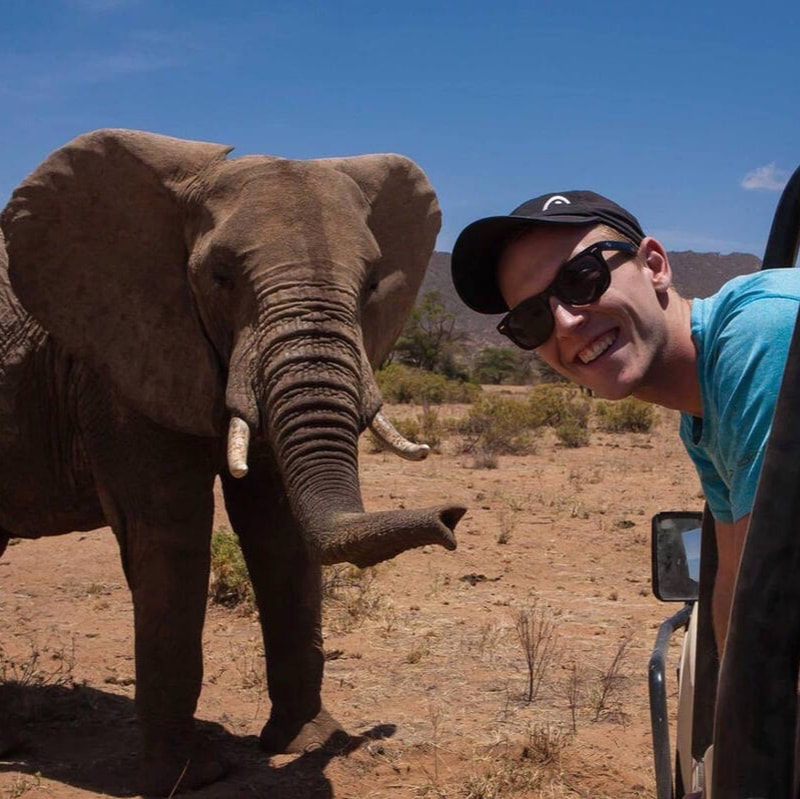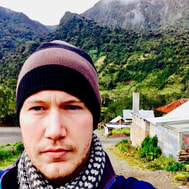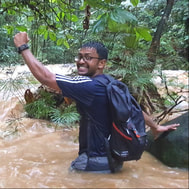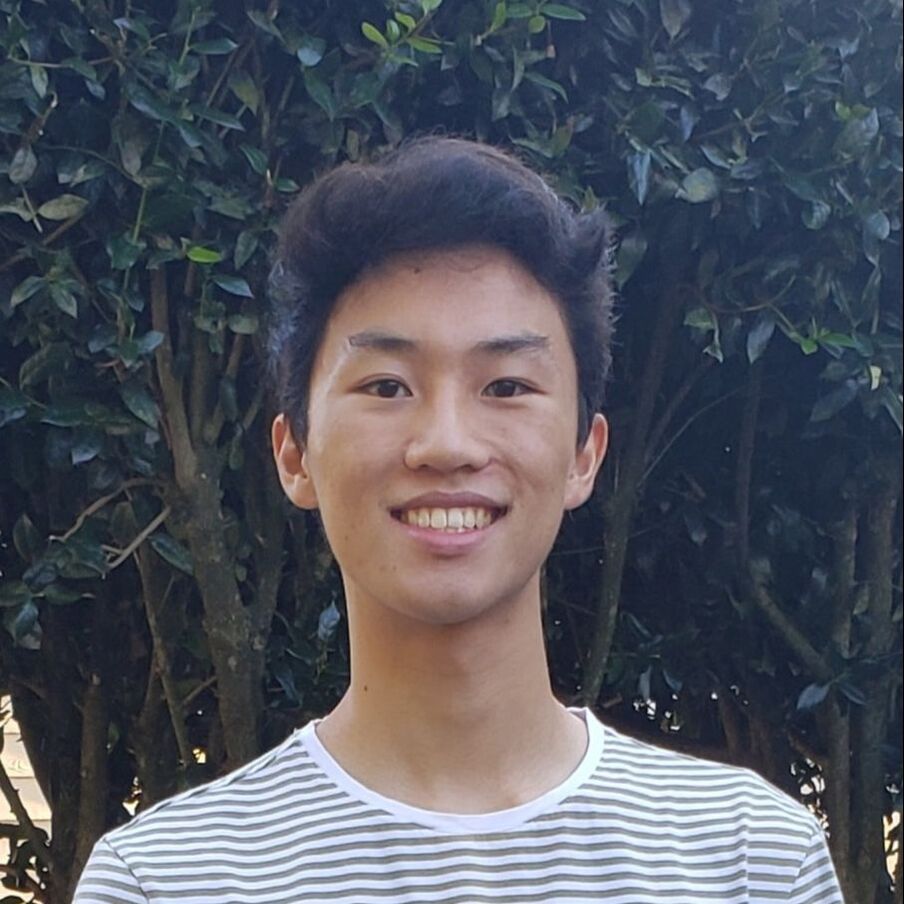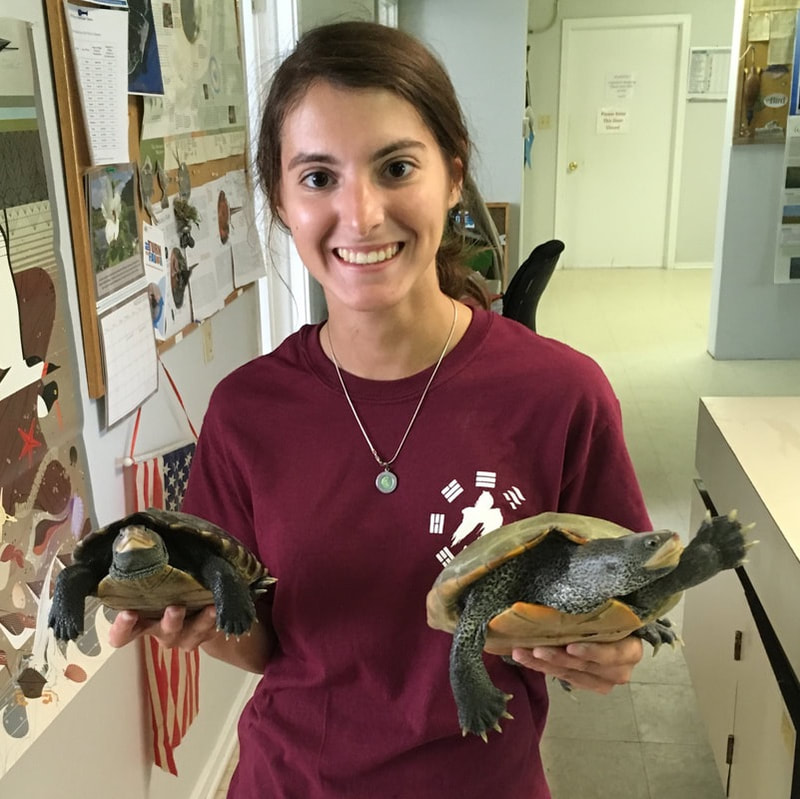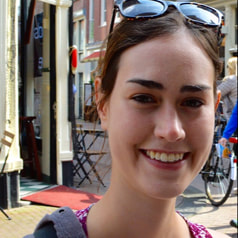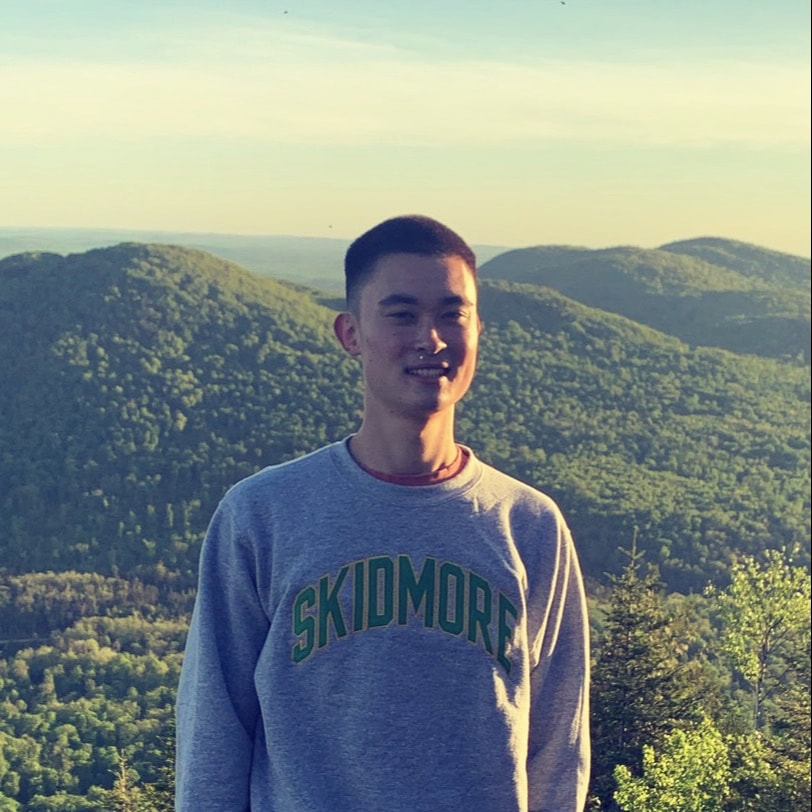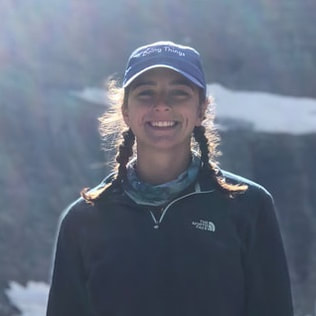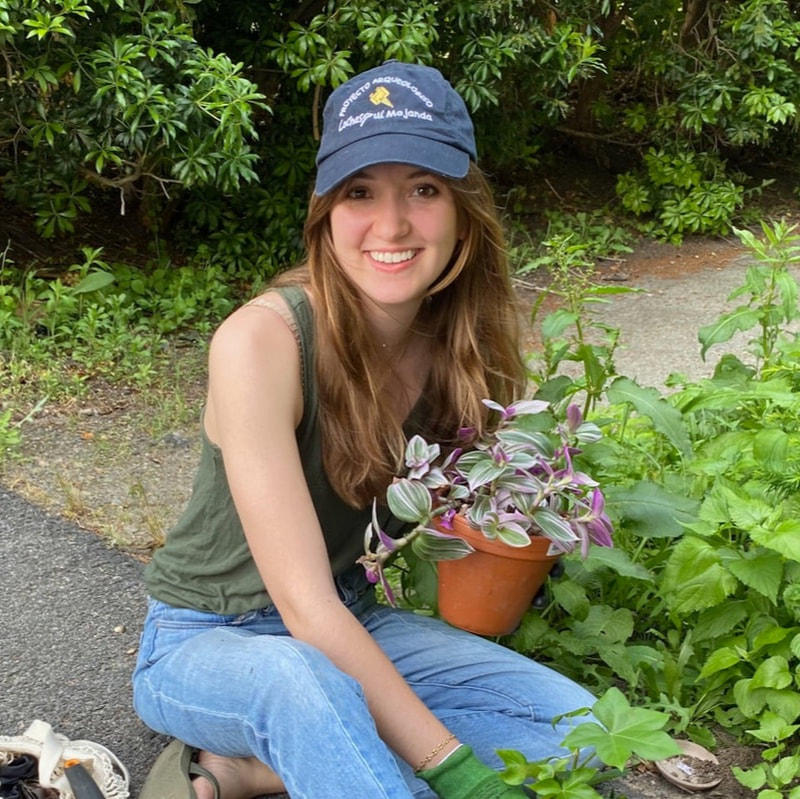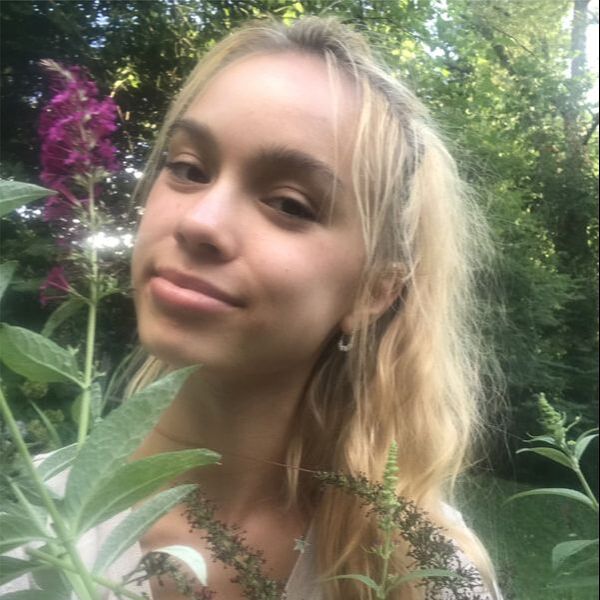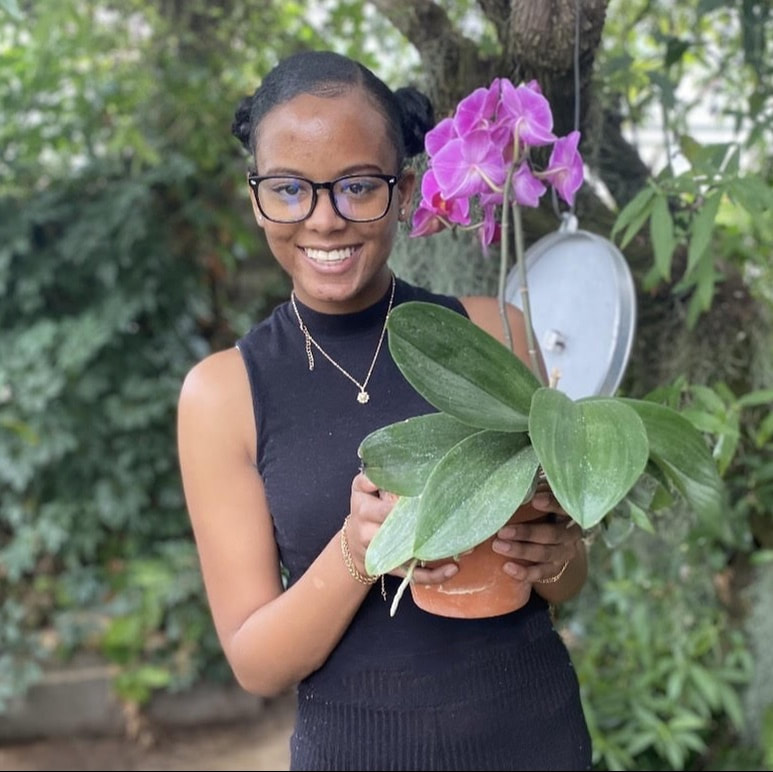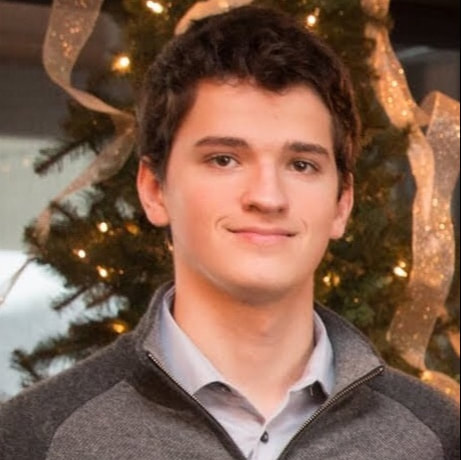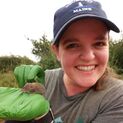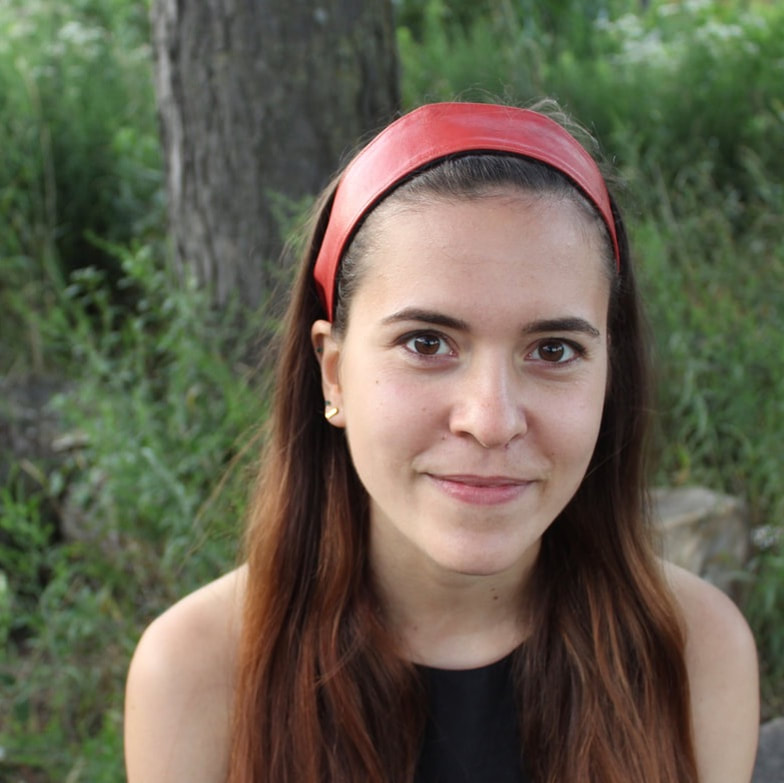|
Dr. Tyler Kartzinel (PI)
Associate Professor Department of Ecology, Evolution, and Organismal Biology Institute at Brown for Environment & Society Much of my research uses forensic lab tools and field experiments to answer questions about biology and conservation that were previously intractable. I aim to illuminate how species interact with each other - predation, herbivory, competition, pollination, symbioses - why these interactions matter for nature and people, and the ways that understanding interactions can help solve challenges involving global change and biomedicine. CV / GoogleScholar |
|
Anna Jackson, Lab Manager
Anna brings to the lab 10+ years of experience in molecular ecology and field research, lab management skills, an MSc in biology from the University of Louisiana at Lafayette and multiple tours as a member of the Peace Corps. We could not be luckier than to benefit from her leadership and scientific capabilities. |
|
Mary Burak, Fullbright Research Fellow (Kenya); Voss Postdoctoral Fellow
I am interested in understanding how wildlife persist in multi-use landscapes. My research uses spatial and molecular ecology to explore how humans impact wildlife, as well as how conservation interventions can mitigate such impacts. My goal is to broaden the scope of data that is used to design, and support, human-wildlife coexistence landscapes. Most of my work is focused in East Africa. Website / GoogleScholar |
|
Hannah Hoff, Ph.D. candidate
I am interested in combining molecular tools and field experiments to increase the specificity of our understanding of community interactions. Specifically, I will use data on diet specialization, plant diversity, migratory behavior, and plant-herbivore feedbacks to explore food web relationships in Yellowstone National Park. |
|
Bethan Littleford-Colquhoun, Ph.D., Postdoctoral Research Associate, HHMI-Sheridan Course-based Research Experience Instructor
I combine the interdisciplinary fields of evolutionary ecology, molecular ecology, Next Generation Sequencing (NGS), and bioinformatics to better understand how environmental change impacts species’ traits, diet-microbiome linkages, and host health and fitness. Ultimately, my research aims to broaden the approaches traditionally used when designing conservation strategies. GoogleScholar / Twitter |
|
Peter Lokeny, Mpala Research Assistant
Peter has over 10 years of research experience at Mpala, and his expertise is crucial to the success of project BASEPAIR in Kenya. Seen here (right) on an expedition to Naivasha, Peter is describing our methods for vegetation surveys and DNA barcoding to a KWS (Kenya Wildlife Services) official. |
|
Diandra Polt, 2023 UTRA Scholar
I am interested in why and how some alpine plant species are adapting to climate change and how the food plants available to animals have changed as a result. I am also passionate about increasing access to outdoor spaces, particularly through accessible language and the Brown Outing Club. In the future, I hope to engage citizen scientists from communities of seasonal concessionaire workers as well as avid hunters and anglers in research. |
|
Ezequiel Vanderhoeven, D.V.M., Ph.D., Argentina National Scientific and Technological Research Council International Postdoctoral Fellow
My field of interest is disease ecology at the interface of wildlife and domestic species. I work on identifying diseases (viral, bacterial, and parasitic) circulating in diverse mammals to understand the social and ecological conditions that could lead to spillover infections that harm humans and livestock. |
Lab Alumni
|
Ashley Bang, '19 B.S. Honors.
Updates: 2019 Fulbright Scholar in Taiwan. 2020 data scientist at ADM Capital Foundation in Hong Kong. |
|
Bianca Brown, '21 Ph.D., NSF Graduate Research Fellow
Updates: 2021 began a prestigious NSF Postdoctoral Research Fellowship at Yale! Website |
|
Patrick Freeman, '20 Sc.M
Updates: 2021 Staff Scientist at Conservation Science Partners, Inc |
|
Amanda Lyons '21 MSc, '20 B.S. Honors, 2019 Voss Undergraduate Research Fellow
Updates: Research and Conservation Coordinator at The Wetlands Institute in New Jersey, studying and conserving diamondback terrapins. |
|
Lindsay McCulloch '21 Ph.D.
Updates: 2021 NOAA Climate & Global Change Postdoctoral Fellow, Harvard University. Lindsay is an honorary lab member who joined us from the Porder Lab and whose work focuses on understanding how plants and their soil microbial symbionts influence the biogeochemistry of ecosystems. GoogleScholar / Twitter |
|
Violet Sackett '20 Sc.B.
Updates:
|
|
Elin Videvall, Ph.D., Swedish Research Council International Postdoctoral Fellow
|
